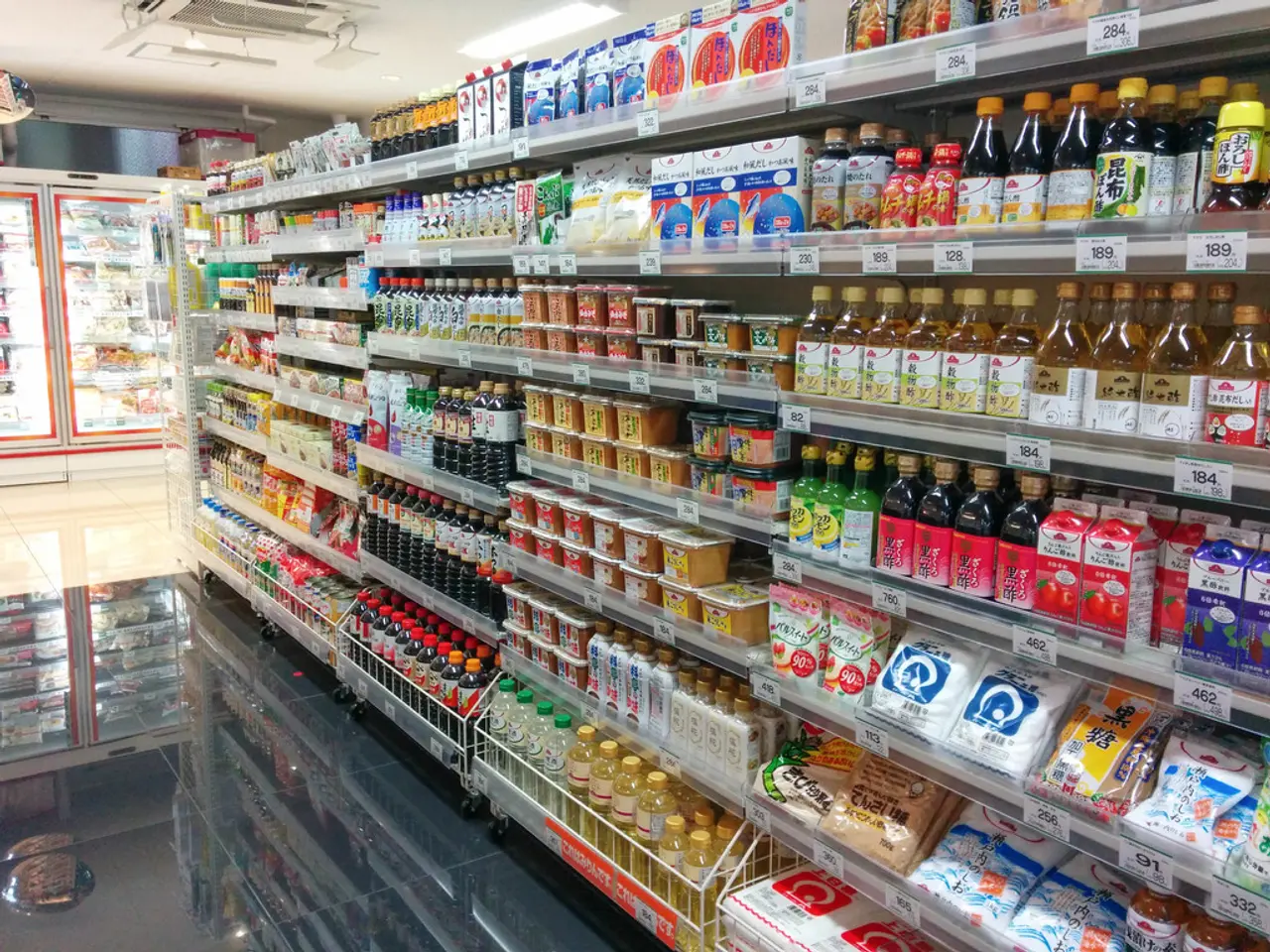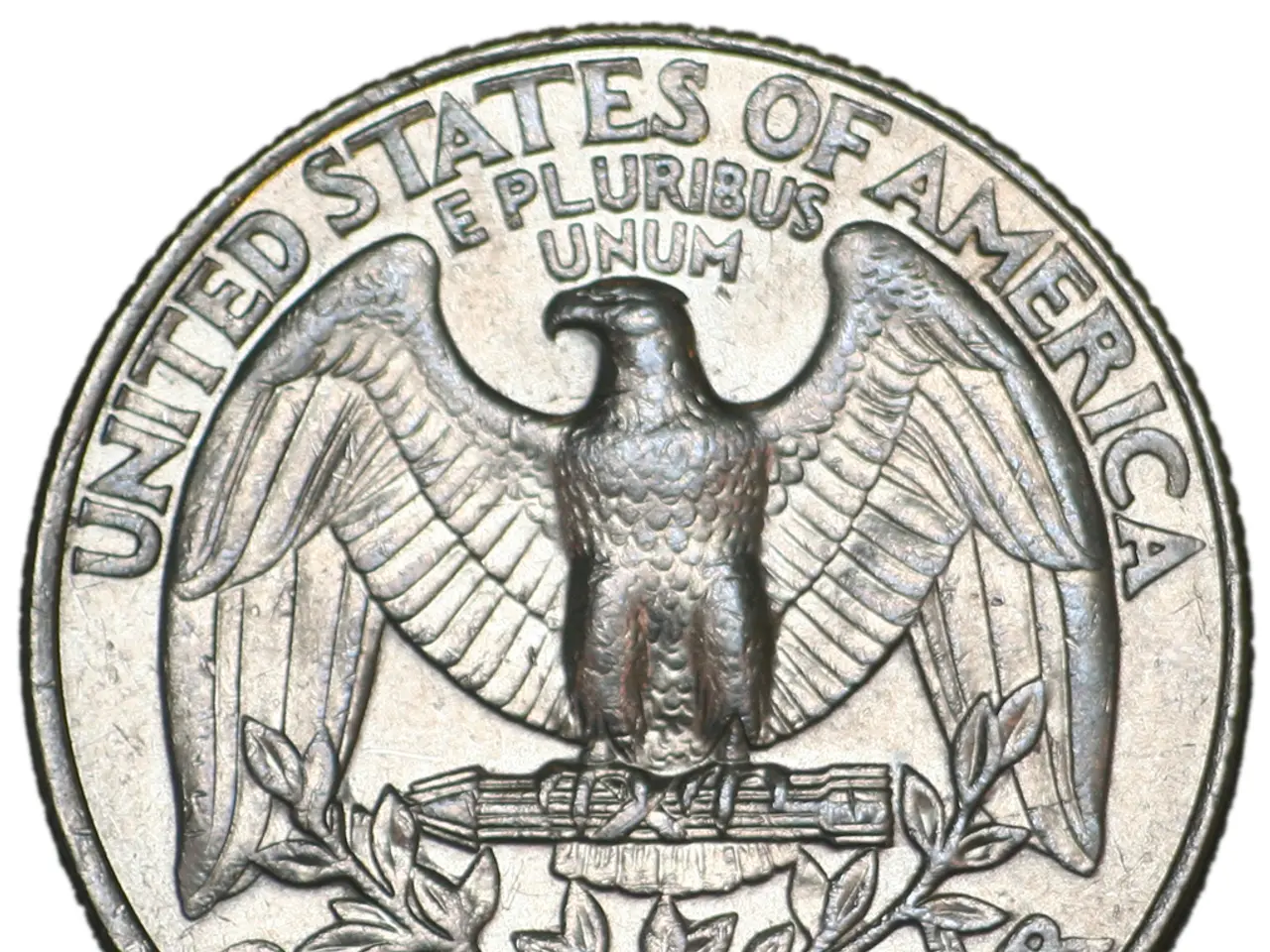Consistent Inflation Rate Maintained at 2.0%
Germany's high inflation phase appears to have ended, with the annual inflation rate stabilizing at 2.0% in June and July 2025, the lowest level since October 2024. This rate remained steady from June to July, slightly above market expectations of a slowdown to around 1.9%.
According to the official reports, prices rose by 0.3 percent compared to June. The service sector inflation slowed to a three-year low of about 3.1%, while food prices increased slightly more sharply (+2.2% year-on-year). Energy prices continued to decline but at a slower rate (-3.4% year-on-year). The core inflation, excluding food and energy, stayed stable at 2.7% in June.
Carsten Breszki, ING economist, expects less inflationary pressure in the coming months due to the tense labor market situation. Ulrich Kater, Deka chief economist, shares similar sentiments, believing the high inflation wave of recent years has run its course. Jörg Krämer, Commerzbank chief economist, however, describes the high core inflation rate as a "blemish" due to its potential inflation risk as the economy recovers.
The European Central Bank (ECB) is observing the situation without making any rate cuts. The key interest rate remains unchanged at 2.0 percent. The ECB saw no need for further interest rate cuts after seven consecutive rate cuts. The Bundesbank expects the inflation rate in Germany to fluctuate around the two-percent mark in the coming months.
The EU-harmonized inflation index suggested a slight decrease to 1.8% annual inflation, aligning with expectations of moderate inflation persistence. The Council of Experts expects a 2025 annual average inflation rate around two percent for Germany.
Controversies between advocates and opponents of an even looser monetary policy are expected for the fall. The potential impacts of the future trade agreement with the US are still unclear. Higher wages are contributing to the slow easing of higher price increases for services.
The high rate of inflation in Germany appears to have largely run its course, with the annual inflation rate stabilizing at 2.0% in June and July 2025. The steady 2% inflation rate—near the ECB’s target—and the trends of slowing energy price declines alongside moderate rises in food and services prices suggest Germany's inflation is expected to remain stable or moderately low for the remainder of 2025. The plateau implies the peak inflation pressures have passed, and inflation is unlikely to spike again barring unforeseen shocks.
Finance ministers may need to consider the steady inflation rate in their budget projections, as it could impact tax revenues and public spending. This stable inflation rate could also potentially encourage investors, as it indicates a more predictable economic environment.




